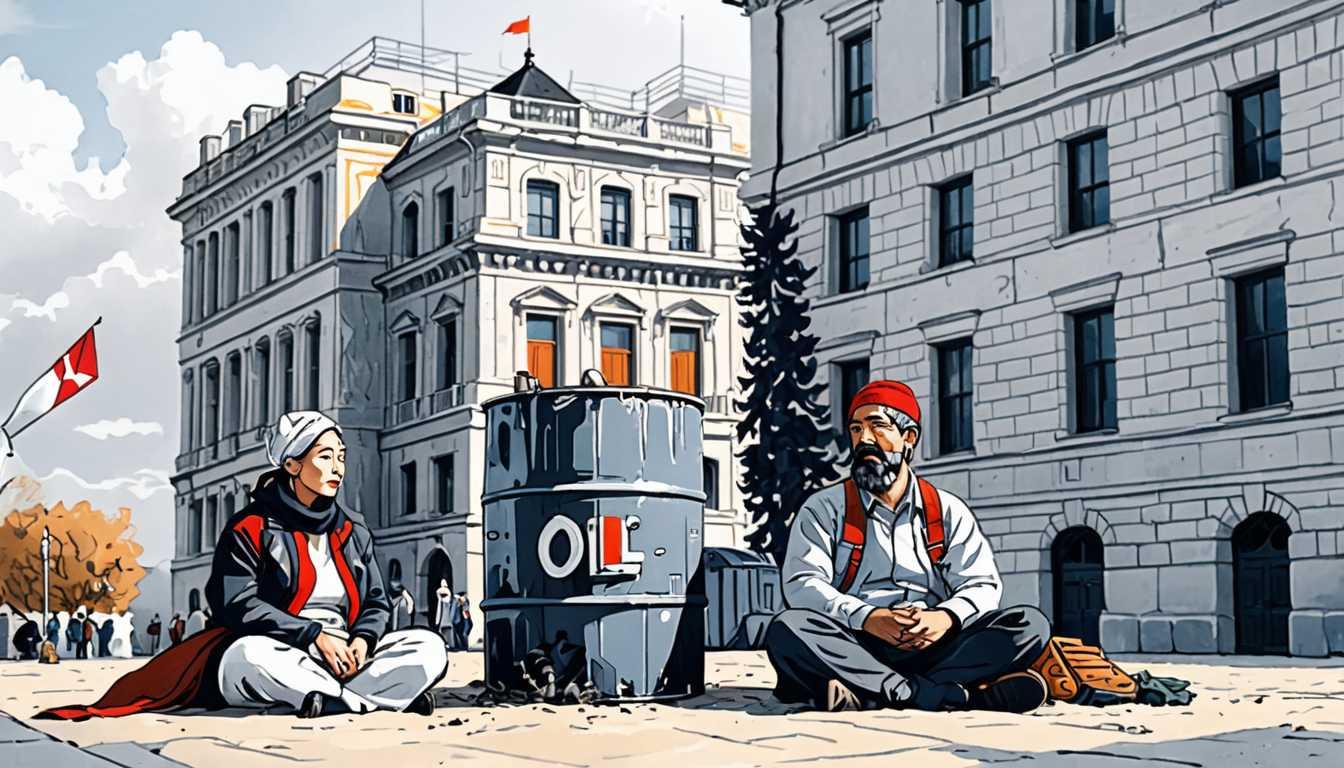Rethinking Waste: A Circular Economy's Promise
May 2023
London School of Economics (LSE)
Introduction
Dive into the innovative world where waste becomes treasure, and the journey from factory to landfill is outdated. This article from the London School of Economics explores how adopting a paradox lens can guide firms towards a circular economy, where products are shared, reused, and recycled. It's a fascinating look at balancing economic and environmental sustainability, challenging managers to navigate the tensions between these goals. Get ready to rethink everything you know about recycling and sustainability!
READ FULL ARTICLEWhy It Matters
Discover how this topic shapes your world and future
Circling Towards a Sustainable Future
Imagine a world where nothing goes to waste—where the old phone in your drawer gets a new life instead of ending up in a landfill, and the t-shirt you outgrew is passed on for someone else to enjoy rather than being discarded. This isn't just a pipe dream; it's the essence of transitioning to a circular economy. It's about changing our “take-make-dispose” mindset to one where resources are reused, recycled, and valued indefinitely. This shift is crucial not just for saving the planet but also for creating a fairer society. However, it's not without its challenges. Businesses face tough decisions in balancing economic growth with environmental sustainability. This is where the paradox lens comes in, helping managers navigate these complex waters. By understanding and embracing these contradictions, we can pave the way for a more sustainable and equitable world. And guess what? You, as a student, can play a part in this transformation through your choices, ideas, and actions.
Speak like a Scholar
Circular economy
A system where products and materials are reused, repaired, and recycled for as long as possible, reducing waste to a minimum.
Paradox lens
A way of looking at situations where two or more principles contradict each other but are also interdependent, helping to understand complex problems without oversimplifying them.
Sustainability
Meeting our own needs without compromising the ability of future generations to meet theirs, covering environmental, social, and economic dimensions.
Social sustainability
Ensuring that the benefits of development are equitably shared across society, including promoting health, well-being, and justice.
Integrative view
A strategy that involves acknowledging and addressing conflicting goals or principles simultaneously, rather than choosing one over the other.
Supply chain
The entire process of making and selling goods, from the raw materials to the final product in the hands of consumers.
Independent Research Ideas
Exploring the role of technology in achieving a circular economy
Investigate how advancements in technology can support the transition to a circular economy, from recycling processes to the development of sustainable materials.
The impact of consumer behavior on sustainability
Analyze how individual choices and consumer demand influence the success of circular economy initiatives and what drives or hinders sustainable consumption.
Social justice and the circular economy
Examine the social implications of transitioning to a circular economy, focusing on how it can contribute to or challenge social equity and justice.
Comparative analysis of circular economy models around the world
Study how different countries implement circular economy principles and the cultural, economic, and political factors that affect their success.
The paradox of economic growth and environmental sustainability
Delve into the tension between pursuing economic growth and protecting the environment, exploring alternative models that can reconcile these goals.
Related Articles

Turning Tides: Positive Moves Amidst Floods
July 2023
Stanford University

When 1°C Means Millions Move
February 2023
Phys Org

Sustainability's Double-Edged Sword
May 2023
London School of Economics (LSE)

Eco-Innovators Reshape Our World
November 2022
Imperial College London

Who Holds Power Over Oil?
April 2024
JSTOR Daily